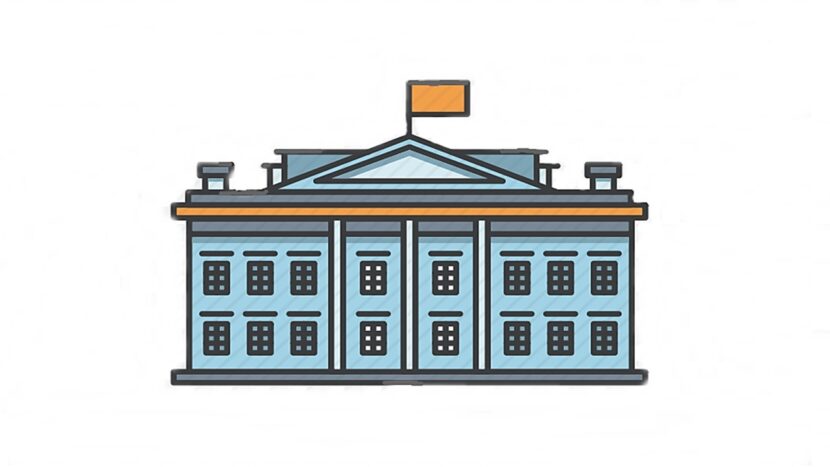Identify reputable DLI when looking to study in Canada
Recently, Northern College based in Timmins Ontario revoked the admission of 504 previously accepted international students just weeks before classes were meant to begin, leaving many students angry, confused and out several thousand dollars.
The Toronto Star reported that Northern College president and CEO Audrey Penner attributed the problem to a higher visa approval rate from the Immigration Department than had been anticipated, leading to a situation of “being oversubscribed” on their campuses. The College said that it has a commitment to a housing plan and ties to employment upon graduating that it would not be able to deliver on.
“We were not quite prepared to manage that much of an increase in the number,” Penner told the Star “You’re well aware there’s a growing number of students interested in wanting to study in Canada. So, there’s been much higher demand.”
Discover how to study and live in Canada
While instances like this are very rare, especially when the acceptance letters are legitimate, there are still ways that international students can protect themselves from fraud or unethical practices.
Identify reputable DLI- Research your institution
When applying to study in Canada as an international student, it is a good idea to thoroughly research the institution you are applying to. The first thing is to ensure it is on the Immigration Refugees and Citizenship Canada (IRCC) list of Designated Learning Institutions (DLIs).
A DLI is a post-secondary educational institution that has been approved by the government of Canada to host international students. If it is not on the list, you may not be eligible for a study permit.
When doing research, it is important to check if your college is part of a Public-College Private partnership and how many international students they admit per year. This is because in the case of the Northern College students, they were admitted to programs that fall under a private-public partnership between Northern College and Pures College of Technology in Scarborough. A recent directive from the government of Ontario says that under these agreements and starting in Fall 2023, no more than 7,500 international students can be admitted between all partnership campuses.
Another factor to consider is if the program of study at your desired institution is eligible for a Post Graduation Work Permit (PGWP). Many students who choose to study in Canada do so because they plan to stay in Canada to live and work after graduating. This becomes much more difficult if your program is not eligible for a PGWP.
You can also reach out the institution directly and gather as much information as possible about support for students (such as housing or mental health support), the average number of yearly admissions and the expected cost of living in the city (both on and off campus). If possible, try to contact an alumni association and speak with a former student about their experiences
PGWP eligibility
To be eligible for a PGWP, you must graduate from a program at a DLI that is at least eight months in length, you must be a full-time student through the academic year for each year of your program and obtain a transcript and an official letter from your DLI saying you have met all the requirement to complete your program of study.
A PGWP is valid for up to three years. It allows you to gain work experience in Canada which will strengthen a future application for permanent residency.
How to avoid fraud as an international student
Canada’s new immigration minister Marc Miller has said that the current visa process for international students across Canada has led to “integrity challenges within the system.” Miller says in response, his department will be taking a surgical approach to removing these challenges.
For example, earlier this year, 700 Indian international students in Canada were facing deportation following the discovery that their letters of acceptance to DLIs were not legitimate. IRCC will now be evaluating each case individually.
International students are particularly vulnerable to fraud and scams. This is because they are often applying for school and employment and trying to find housing before even stepping foot in Canada. This means they must rely on agencies or other outside assistance.
The Indian students were victims of a ghost consultant. This is when a person who pretends to help with visa or school applications, and after being paid a fee, will cut off all communication, leaving the student with either fake documents or no documents at all.
Other scams include fake housing and job offers, but there are ways to avoid this. The best line of defense is to ask as many questions as possible. If the offer seems too good to be true, it probably is.
Also, international students should make sure they are not falling victim to phishing scams by never giving personal information in response to an unsolicited phone call, text message or email.

